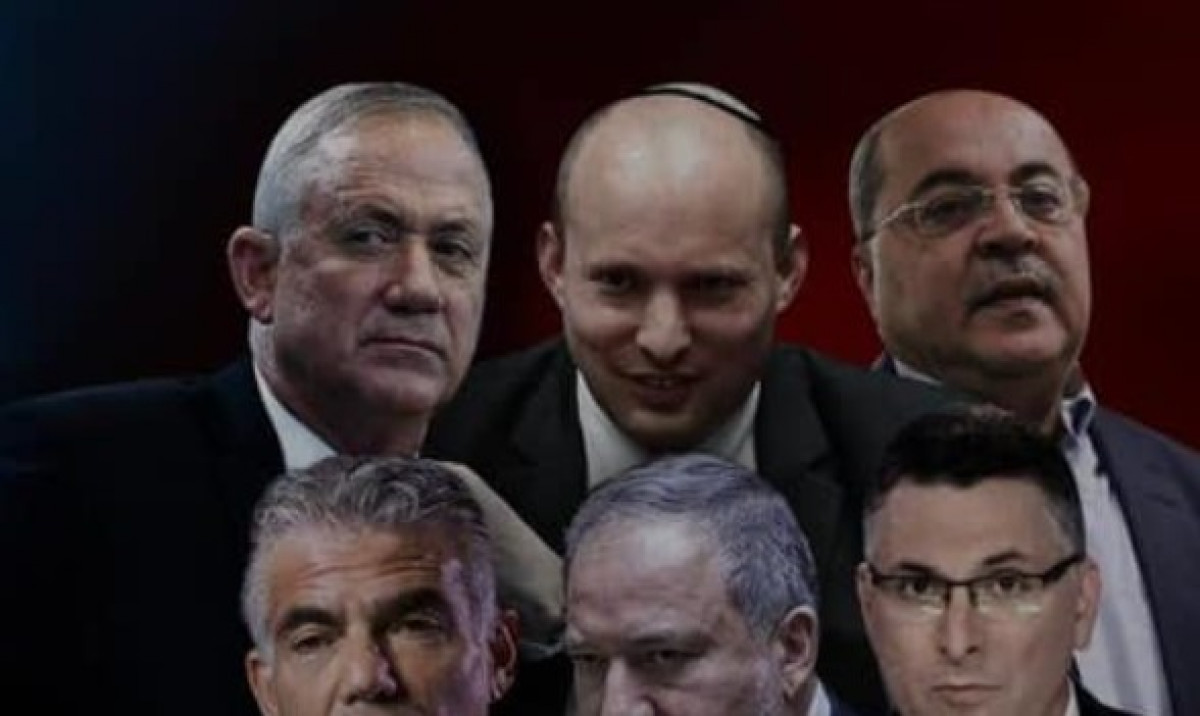 74
74
Parties pivot to digital campaigns and focus on government response to COVID-19 as country heads to March 23 vote
A year into the COVID-19 pandemic, Israel’s largest political parties are shifting their campaign strategies as the country heads to its fourth election in just two years.
A new poll by the 103 FM radio station released on Tuesday showed the Likud Party receiving 28 seats in the next Knesset, the Yesh Atid Party coming in a strong second at 20 seats, and the New Hope Party garnering 11 seats. Naftali Bennett’s Yamina Party rose in the polls and was predicted to receive 12 seats.
Amid a sense of election fatigue, the political strategies of Israel’s largest parties reflect the changing realities the pandemic has brought to the fore. Many are focusing on virtual events and elaborate social media campaigns ahead of the March 23 vote.
The ruling Likud Party, headed by Prime Minister Binyamin Netanyahu, has two main slogans for the current campaign. One is “Many politicians. One leader,” and the other is “Only the Likud will bring a fully right-wing government.”
Much of the Likud’s messaging has placed a special emphasis on Netanyahu and his role in securing historic normalization deals with several Arab nations, as well as Israel’s highly successful COVID-19 vaccination drive.
In time for elections, Israel on Sunday reopened much of its economy now that more than half of the entire population is vaccinated. Those who are fully inoculated can receive vaccine passports – so-called green passes – that enable them to attend concerts and dine indoors at restaurants, among other activities.
“The Likud has begun to hold the first ‘green passport’ political rallies on earth,” Avi Hyman, director of the Likud Anglo Campaign, told The Media Line. “These events are happening across the country in accordance with the Ministry of Health guidelines.”
In a marked shift from previous elections, the Likud also is vying for Arab voters this time around. Netanyahu, Israel’s longest-serving prime minister, generated substantial controversy in a 2015 video when he called on Likud voters to go to the polls because “the Arabs are voting in droves.” However, he has changed his tune since then, and is now vowing to stamp out violence in Arab communities.
“Since her founding, the Likud has been the home of all Israelis, from every sector,” Hyman said. “We are the largest party in the country with over 100,000 members that democratically elect our parliamentary list.”
He added: “This election, we are seeing a huge increase of support from the Arab-Israeli community. When the prime minister visits Arab-Israeli towns he is greeted by youth jubilantly welcoming him by his new pet name, Abu Yair.”
“Abu Yair,” or father of Yair, the name of Netanyahu’s oldest son, is a common way of forming nicknames in Arabic.
In addition to wooing the Arab sector, the Likud also is emphasizing their “Netanyahu or Lapid” message. Opposition Leader Yair Lapid is the head of the centrist Yesh Atid Party and is expected to be the largest party in the bloc opposed to Netanyahu after the elections.
“Only Netanyahu will continue to bring millions of vaccines, more historic peace treaties, stop Iran from obtaining nuclear weapons and turn Israel into the fastest post-corona economy on earth, just as he turned Israel into the fastest country on earth to vaccinate its citizens,” Hyman said.
As for Yesh Atid, its core slogan is: “The time has come for a sane government.” The premise is that the government under Netanyahu has been anything but sane and needs to be changed.
Positioning Lapid as the clean, anti-corruption alternative to Netanyahu, Yesh Atid, which once joined forces with Benny Gantz and his Blue and White Party, is now expected to take on a crucial role in government coalition building.
Comment
Post a comment for this article